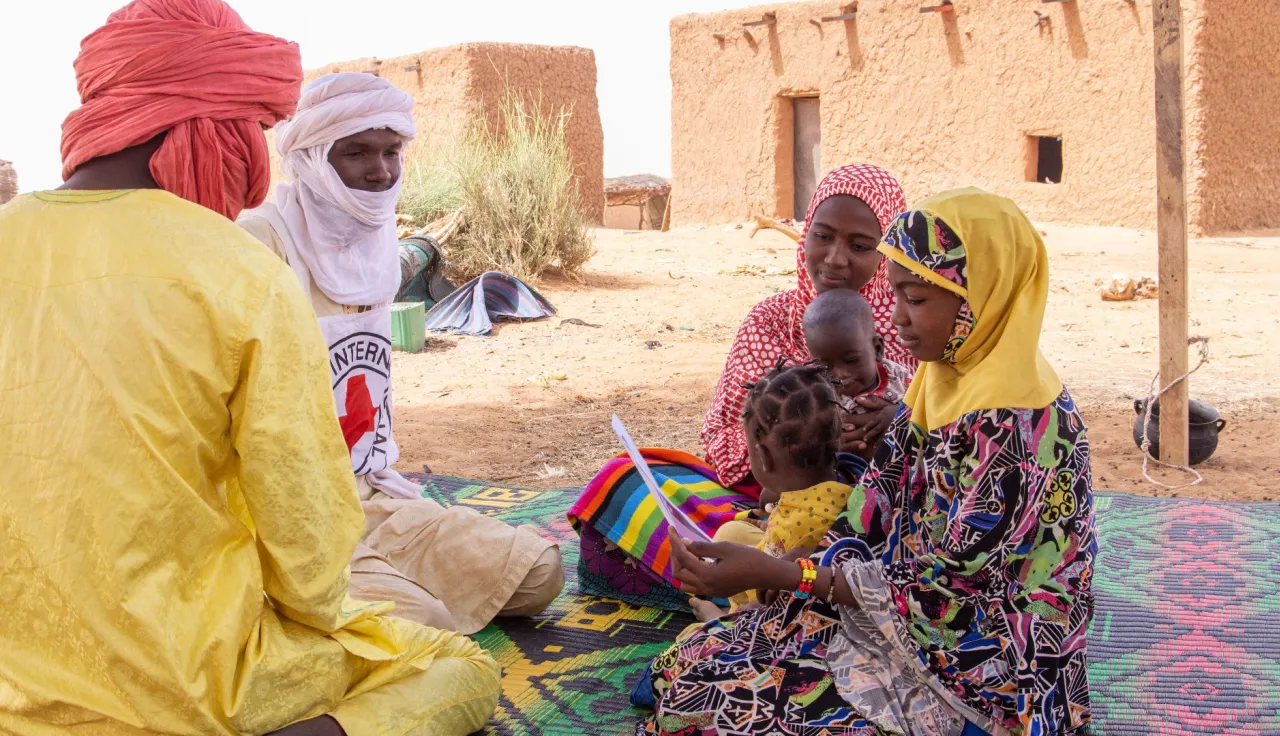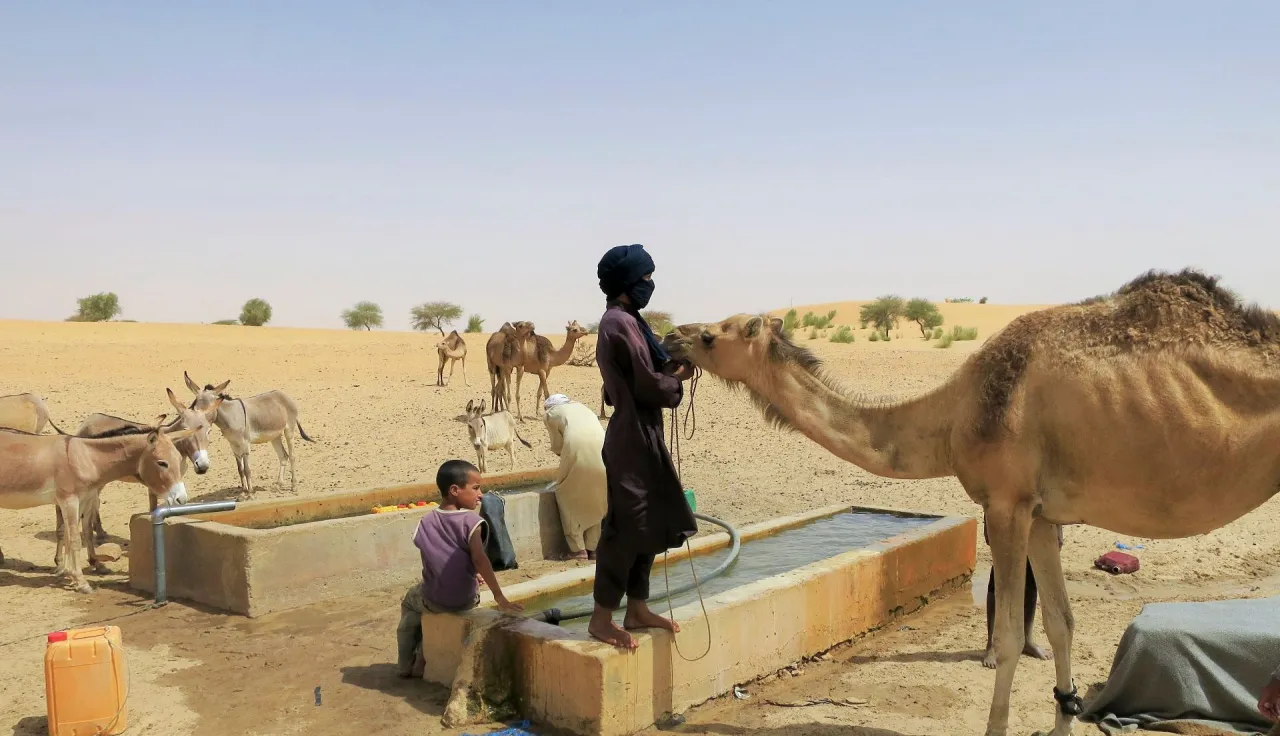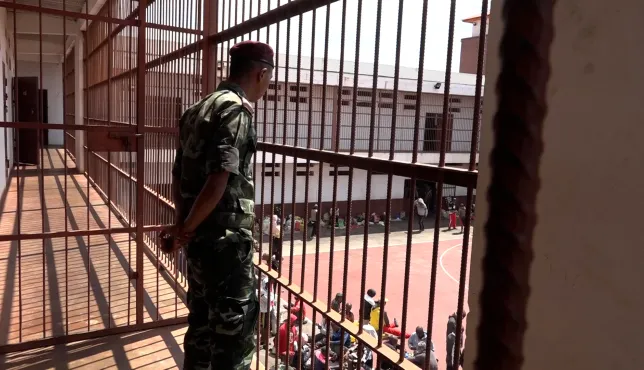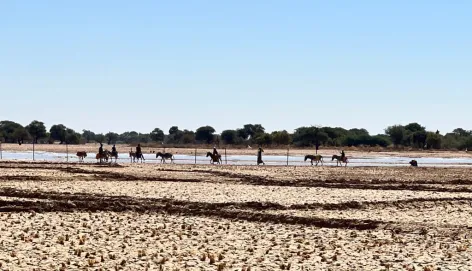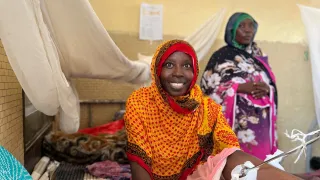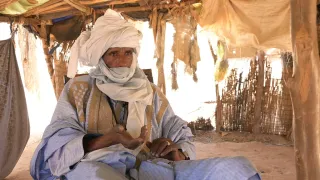Our work in Mali
In Mali, we protect and assist people who are suffering the effects of armed conflict and adverse climatic conditions.
Our activities include visiting people deprived of their freedom, restoring links between family members separated by armed conflict, caring for war-wounded and vulnerable patients, providing limb-fitting and physical rehabilitation services, vaccinating animals, distributing seeds and agricultural equipment, building and repairing water-supply systems, safeguarding and restoring livelihoods, and raising awareness of international humanitarian law among weapon bearers and other influential groups in Malian society.
The ICRC carries out its humanitarian activities from Bamako, Mopti, Timbuktu, Kidal, Gao, Ménaka, Niafunké and Tessalit.

